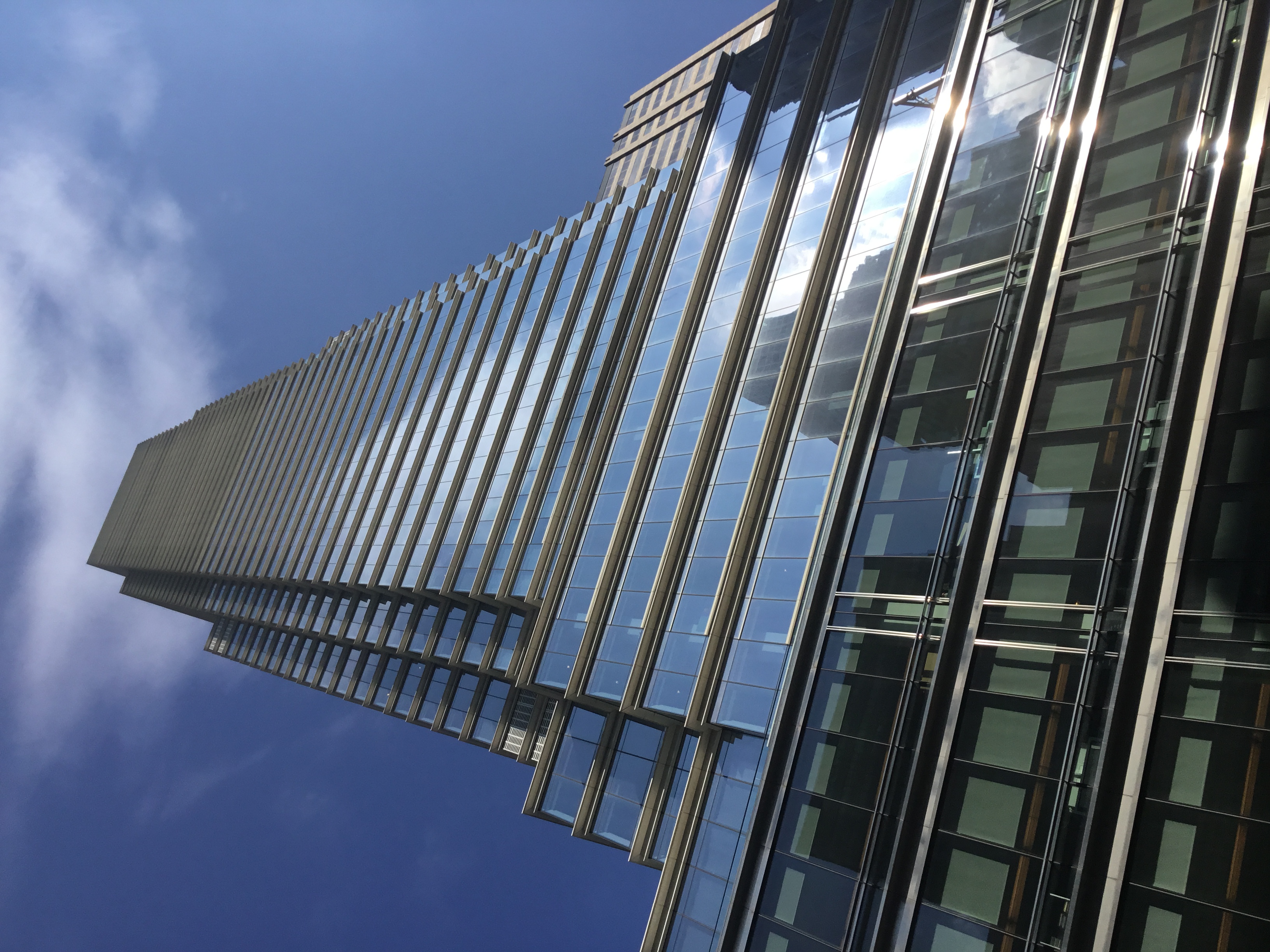WikiLeaks
Explore the comprehensive timeline of WikiLeaks, highlighting key events and milestones since its founding in 2006. Delve into major document releases, legal battles, and the impact of WikiLeaks on global politics and journalism.
WikiLeaks is Launched
WikiLeaks, a platform established to publish news leaks and classified media provided by anonymous sources, was launched on October 4, 2006. It was founded by Julian Assange, among others, and gained attention for its role in exposing government and corporate misconduct. WikiLeaks operates as a not-for-profit and relies heavily on the use of cryptography to ensure the security of its sources.
Collateral Murder Video Release
On April 5, 2010, WikiLeaks released a classified U.S. military video showing a July 12, 2007, airstrike in Baghdad by a U.S. Army helicopter gunship. The video, which WikiLeaks titled 'Collateral Murder,' showed the helicopter crew firing on a group of men, including a Reuters photographer and driver, sparking widespread international outrage and debate about the rules of engagement.
Afghan War Diary Released
On July 25, 2010, WikiLeaks published the Afghan War Diary, a collection of over 75,000 classified U.S. military reports detailing the war in Afghanistan from 2004 to 2010. The documents revealed details about civilian casualties, lost ground, and the role of Pakistan's Inter-Services Intelligence. This leak renewed debates on the role of the U.S. in Afghanistan and the importance of transparency in military affairs.
Iraq War Logs Published
On October 22, 2010, WikiLeaks released the Iraq War Logs, a collection of almost 400,000 classified U.S. military documents detailing the Iraq War from 2004 to 2009. The logs revealed widespread torture, civilian killings, and a higher death toll than the U.S. had publicly admitted. This leak had significant effects on public perception of the war and on transparency regarding military operations.
Cablegate: The U.S. Diplomatic Cables Release
On November 28, 2010, WikiLeaks began publishing a massive collection of more than 250,000 U.S. diplomatic cables, known as 'Cablegate.' The cables revealed candid assessments of international leaders, sensitive information about geopolitical issues, and behind-the-scenes diplomacy. The release strained U.S. relations with several countries and highlighted the risks and impacts of large-scale data leaks.
Julian Assange Seeks Asylum in the Ecuadorian Embassy
On August 16, 2012, Julian Assange, the founder of WikiLeaks, sought asylum in the Ecuadorian Embassy in London to avoid extradition to Sweden over sexual assault allegations. Assange feared that extradition to Sweden could lead to extradition to the U.S. on charges related to WikiLeaks. Assange remained in the embassy for seven years, significantly restricting his freedom while highlighting international diplomatic challenges.
DNC Email Leak
On July 22, 2016, WikiLeaks published nearly 20,000 emails from the Democratic National Committee (DNC), which showed bias against Bernie Sanders in favor of Hillary Clinton during the 2016 Democratic primaries. The leak led to widespread media coverage, the resignation of DNC Chair Debbie Wasserman Schultz, and debates over the influence of Russia in the election, as Russia was accused of hacking the emails.
Julian Assange Arrested
On April 11, 2019, Julian Assange was arrested by British police after being expelled from the Ecuadorian Embassy in London, where he had been living since 2012. His arrest came after Ecuador withdrew his asylum status. Assange was found guilty of breaching his bail conditions. His arrest marked a significant moment in the various legal struggles and international controversies surrounding him and WikiLeaks.
Assange's Extradition Hearing Begins
On February 24, 2020, Julian Assange's extradition hearing began at Woolwich Crown Court in London. The United States sought his extradition to face charges of conspiracy and espionage related to WikiLeaks' publication of classified documents. The case was widely seen as a landmark in issues concerning press freedom, whistleblowing, and international law, attracting significant legal and public attention.
UN Call for Assange's Release
On June 9, 2023, the UN Working Group on Arbitrary Detention reiterated its call for the release of Julian Assange, emphasizing that his prolonged prosecution violated his human rights. The call underscored the ongoing international controversy over Assange's detention, the legal implications for journalists and whistleblowers, and the debates over transparency and state secrecy, drawing widespread global attention.
Frequently asked questions about WikiLeaks
Discover commonly asked questions regarding WikiLeaks. If there are any questions we may have overlooked, please let us know.
How has WikiLeaks impacted global politics?
What is WikiLeaks and when was it founded?
What was WikiLeaks' first major release?
What was the significance of the 2010 WikiLeaks releases?
Related timelines
More timelines connected to WikiLeaks







